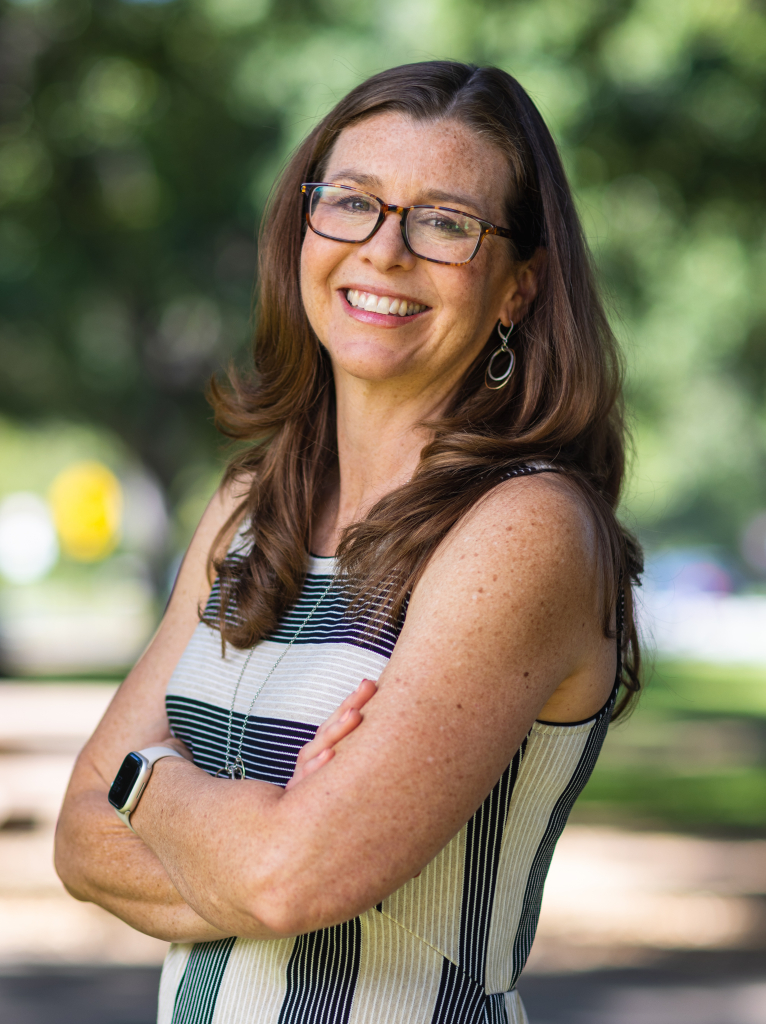The Health Promotion Sciences Department presents:

Community-engaged approaches to address chronic disease and promote health equity
Wednesday November 13, 2024
12:00 –12:50 pm
Drachman Hall A118 or Zoom: https://arizona.zoom.us/j/87292304122pwd=mUbTmd942Ko5AciWkn9T72ZVyApk8o.1 (Password: 789905)
Lisa Goldman Rosas, PhD, MPH
Abstract: Latinos are the largest racial/ethnic minority population in the United States and they bear a disproportionate burden of obesity and diet-related chronic diseases like diabetes. Behavioral lifestyle interventions such as the Diabetes Prevention Program have been shown to be effective. However, translations into community and primary care settings for Latinos have not been as effective. We have conducted three randomized controlled trials of culturally-centered behavioral lifestyle interventions with Latino adults. These trials feature community- and patientengaged approaches and follow-up of at least 18 months. Evidence from the three trials demonstrated that while interventions were more effective than control over 12 months, there remains substantial opportunity to increase the effectiveness of the interventions and to promote sustainability. Partnering with community-based organizations and patients, we are building on this work to address key social determinants of health such as food insecurity. Food insecurity refers to limited or uncertain availability of nutritionally adequate and safe foods and can increase risk for diet-related chronic disease and hinder effective prevention and management. Food is Medicine refers to the integration of nutrition programs in healthcare and is increasingly recognized for addressing the dual challenges of food insecurity and diet-related chronic disease. I will present findings and ongoing research on Food is Medicine, including an evaluation of Recipe4Health, a comprehensive produce prescription program.
Bio:
Dr. Lisa Goldman Rosas is an Assistant Professor in the Department of Epidemiology and Population Health and the Department of Medicine, Division of Primary Care and Population Health at Stanford School of Medicine. An epidemiologist by training, Dr. Goldman Rosas’ research focuses on addressing disparities in chronic diseases such as diabetes, heart disease, depression, and cancer among under resourced groups and communities of color. Critical to this work is addressing important social determinants of health, such as food insecurity. She leads the Food For Health Equity Lab that works collaboratively with healthcare and community partners to develop, implement, and evaluate nutrition programs that significantly contribute to advancing health equity. This research features rigorous quantitative methodologies, participatory qualitative approaches, and shared leadership with patient and community partners. She is passionate about integrating patients, caregivers, community organizations, and other key stakeholders in the research process in order to affect the greatest improvements in health and well-being. In addition to research, she teaches at the undergraduate and graduate levels and has a special focus on increasing diversity in biomedical research.








